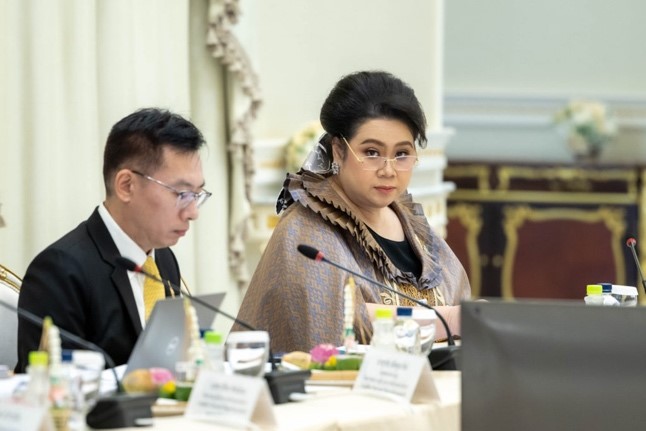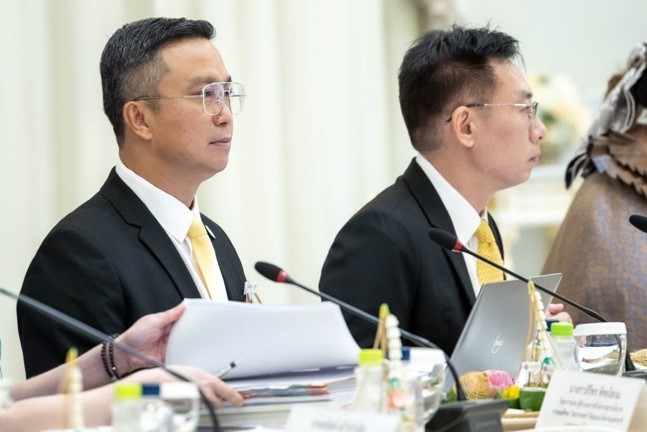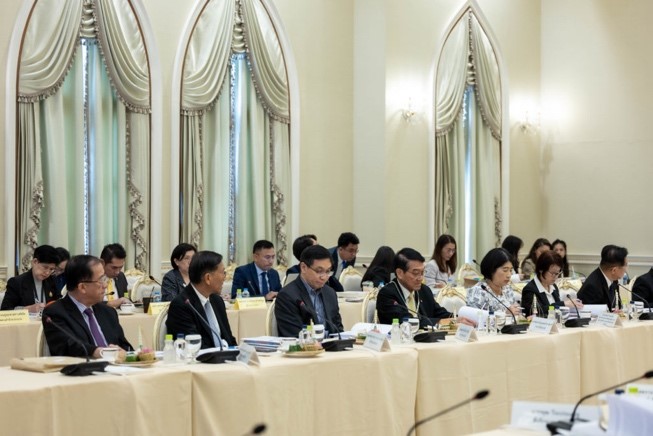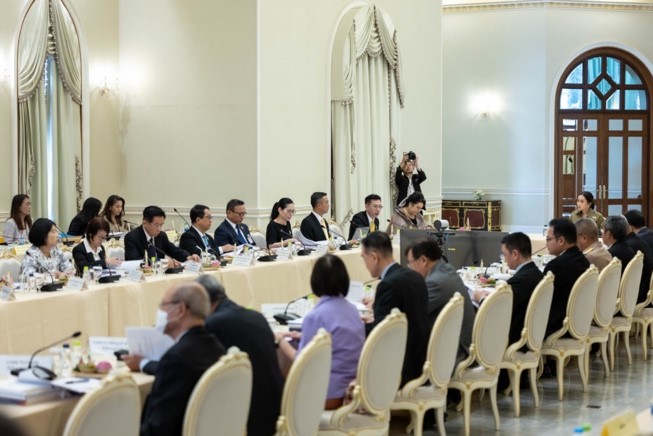On 18 October 2024, Prime Minister Paetongtarn Shinawatra chaired a meeting of the National Higher Education, Science, Research and Innovation Policy Council (Policy Council), with Ms. Supamas Isarabhakdi, Minister of Higher Education, Science, Research and Innovation, serving as Vice Chair. Attendees included ministers, senior government officials, and appointed experts. The Policy Council approved the following initiatives:



- Higher Education, Science, Research and Innovation Framework for High-tech Industries The framework aims to harness higher education, research, and innovation to drive the growth of high-tech industries. It focuses on developing high-skilled talent and utilizing research and innovation, particularly in clean energy transition and sustainable management of natural resources. Key target industries include semiconductors and advanced electronics, artificial intelligence (AI), electric vehicles (EVs), and advanced medical technologies.
- Semiconductor and Advanced Electronics Workforce Development Project This initiative addresses the industry’s entire ecosystem, from workforce training to entrepreneurship and the establishment of testing centers. It aims to produce 80,000 skilled workers to support industry expansion and attract foreign investment. The project includes new university courses co-created with the industry under the higher education sandbox program and plans to establish six nationwide training centers for upskilling. Public-private research collaboration will also be promoted. This project reinforces the government’s commitment to promoting the semiconductor industry, building investor confidence, and positioning Thailand as a hub for semiconductor and advanced electronics industries.
- National Credit Bank System Project The system will enable learners to accumulate academic credits through both classroom learning and work experience, contributing towards degrees or certificates. In addition, it features a skill matching tool to help learners identify skill gaps and areas for improvement in alignment with their career goals. This initiative will support lifelong learning and promote a more flexible and equitable education system.
FY 2026 Budget Framework for Higher Education, Science, Research, and Innovation The total budget of THB 160 billion includes THB 115 billion for higher education and THB 44.9 billion for science, research, and innovation. The higher education budget supports both degree and non-degree programs, targeting the production of 670,000 graduates for focused industries and 133,000 for the soft power sector. It also focuses on enhancing the capabilities of higher education institutions and producing high-skilled workforces to meet national needs, including 20,000 graduates for advanced industries such as semiconductors, AI, and EVs, as well as 1,000 graduates to support regional development. The science, research, and innovation budget will prioritize national economic, social, and environmental advancements, frontier research, and addressing critical national challenges.








